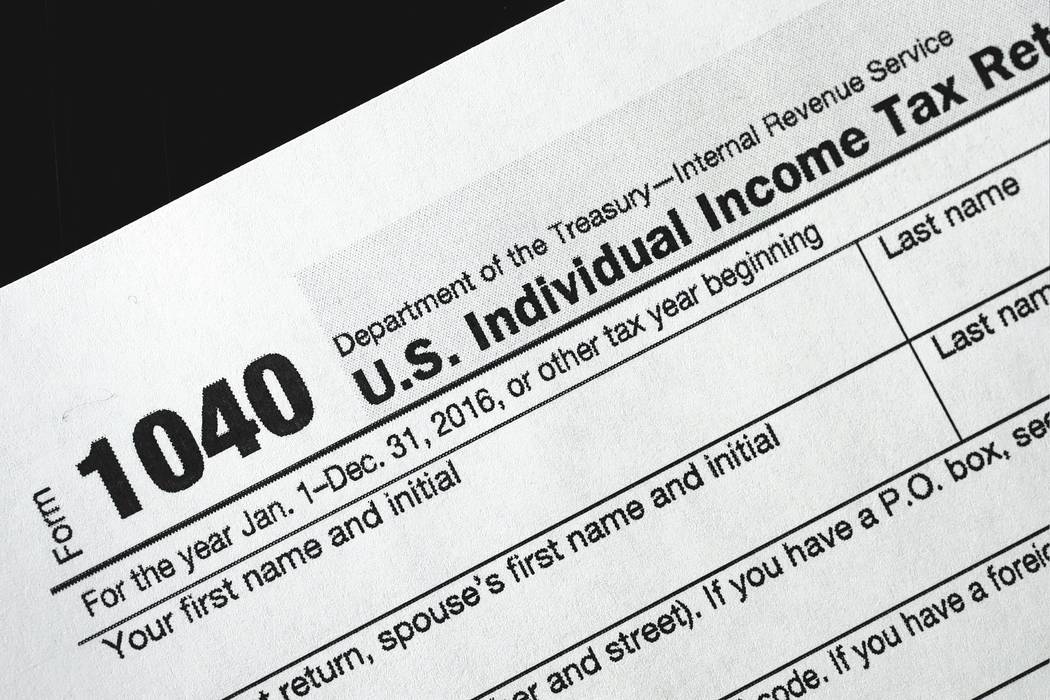EDITORIAL: GOP tax plans would make the system simpler for the average taxpayer
The New York Times is apoplectic that many workers will get to keep more of their own money under the Republican tax plan. A recent Times editorial called the measure “an immense tax giveaway to the rich” but then proceeded to offer a roaring defense of loopholes and handouts that primarily benefit the rich.
The paper claims to have crunched the numbers and found that, under the House proposal, “taxes would go up for 45 percent of middle-class taxpayers by 2027.” This is a guess predicated on a number of assumptions that may or may not materialize over the next decade and depend on a whole host of variables tied to every wage earner’s unique circumstances. In fact, only about half of households making up to $100,000 itemize their deductions. Doubling the standard deduction — as both the Senate and House bills propose — will result in fewer taxpayers filing Schedule A forms, meaning savings for most middle-class workers.
The Times eagerly supports the fact that the tax code has become larded with special-interest write-offs that provide job security for a bevy of accountants and attorneys. The paper labels as “meanspirited” efforts to eliminate tax breaks for wind energy projects, moving expenses and the purchase of electric cars — as if Joe Sixpack will now have to abandon plans to buy a $100,000 Tesla thanks to the dastardly GOP. Truth is, most of the loopholes targeted in the Republican plan overwhelmingly benefit the well-off.
The real question is why any of these tax subsidies — and dozens more — exist in the first place. Is the purpose of the tax code to fund the government or to serve as a blunt instrument to reward or punish behavior to achieve social goals deemed beneficial by those inside the Beltway? Yes, Americans deserve to keep more of what they earn, and loopholes help achieve that end. But tax law that results from lobbyist arm-twisting, special pleadings and cronyism is neither fair nor efficient and breeds rancor and resentment.
The National Taxpayer Advocate, an IRS watchdog, estimates that Americans spend $195 billion a year complying with the tax code. Critics can attack the GOP plan on a number of fronts, but how can anyone oppose the goal of making this rat’s nest less complicated? The Republican plans, however imperfect, make an honest effort in this regard.
“On simplification, it’s actually pretty good,” Duke law professor Lawrence Zelenak told the Wall Street Journal this week. “It gets rid of several things which add a lot of complexity for a lot of ordinary taxpayers.”
And that should be applauded as a significant accomplishment.

















